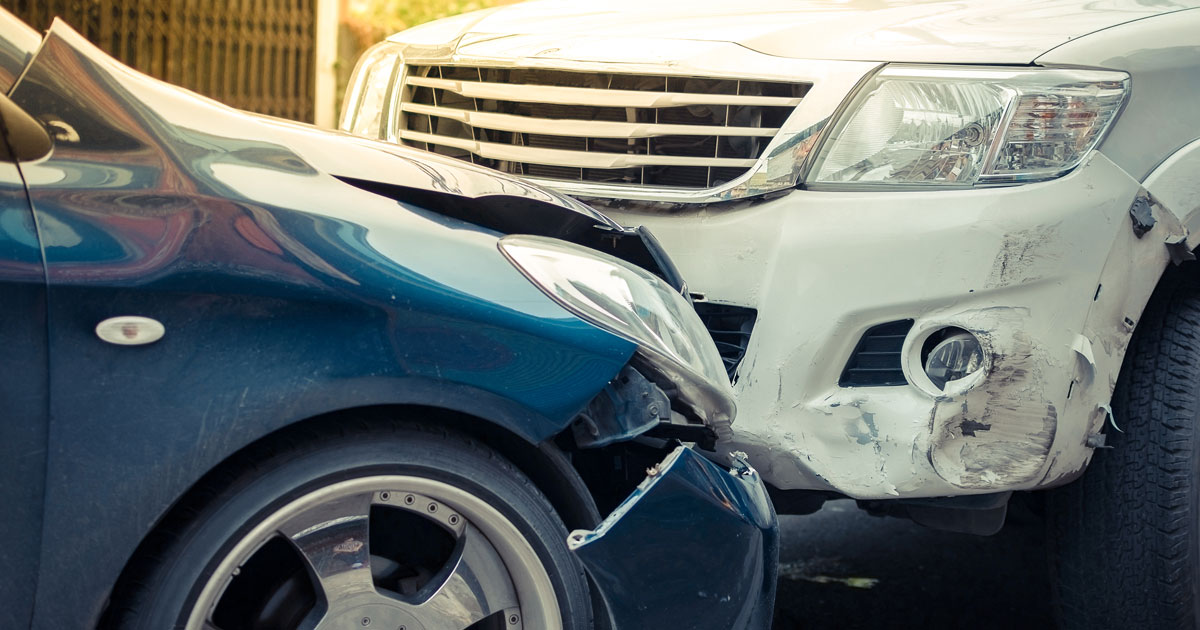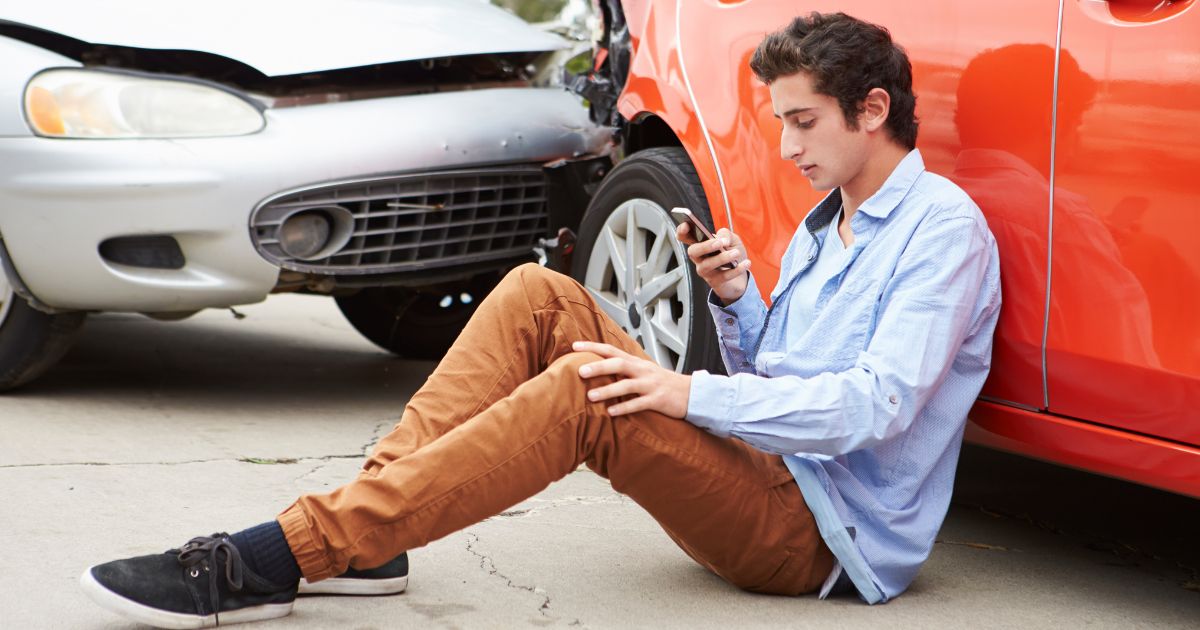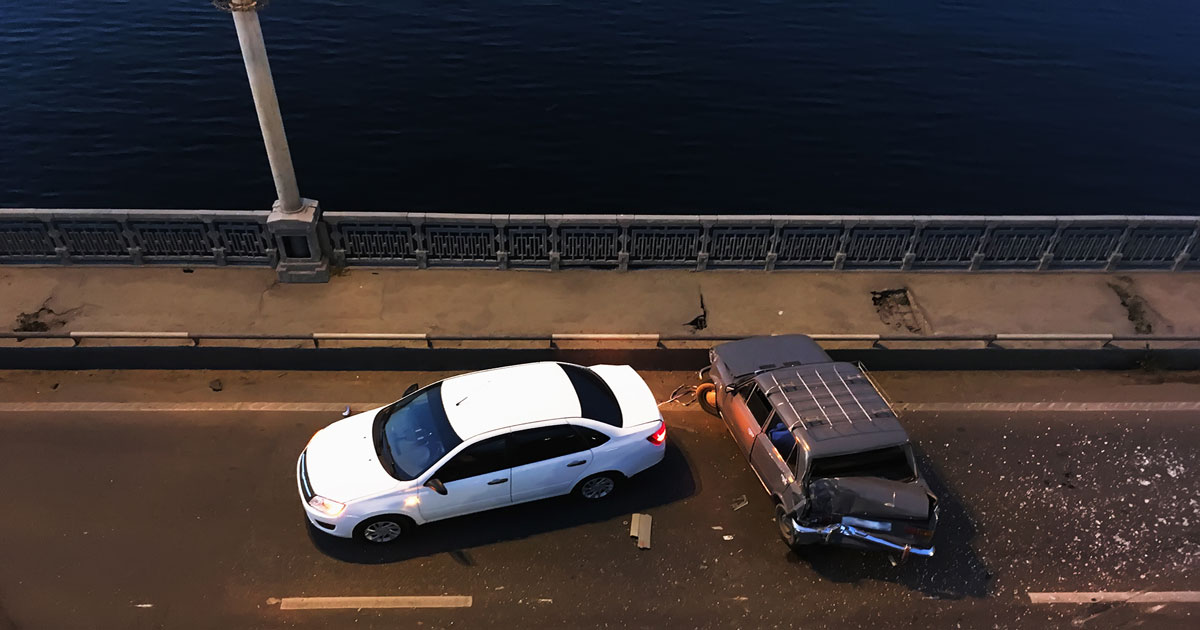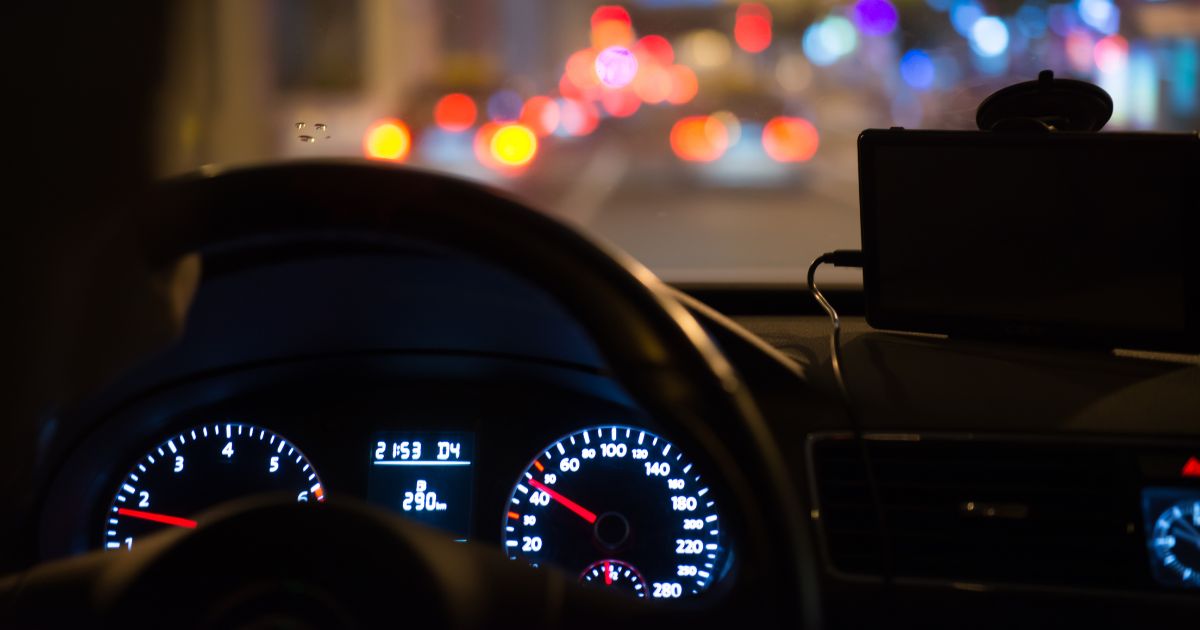Car accidents happen for many reasons. While distracted driving and speeding are common causes, there are situations where a sudden medical condition leads to a crash. Drivers who suffer unexpected health events may lose control of their vehicles, causing serious collisions. These types of incidents raise unique legal questions about fault, foreseeability, and compensation.
Key Takeaways
- A sudden medical emergency may shield a driver from liability under the “sudden emergency doctrine.”
- If a driver knew or should have known about a medical condition, they may still be held responsible.
- Medical records, witness statements, and police reports help establish whether the emergency was truly unforeseeable.
- Insurance companies will thoroughly investigate medical history and accident details before determining coverage or fault.
- Injured victims should document all injuries, gather evidence, and consult a Brooklyn car accident lawyer as soon as possible.
What Is Considered a Sudden Medical Emergency?
A sudden medical emergency is an unexpected health condition that impairs a person’s ability to drive safely. Common examples include seizures, heart attacks, strokes, diabetic reactions, or fainting spells. These events often strike without warning, rendering a driver unconscious or physically unable to maintain control.
New York courts differentiate between medical episodes that are sudden and unforeseeable and those that may have been preventable or predictable. For example, if a driver had no prior symptoms or diagnosis, the event may be considered truly emergent. But if the driver had a history of similar episodes or ignored medical advice, they could be held liable for the crash.
Can a Driver Be Held Responsible for a Medical Emergency Crash?
Whether a driver is held legally responsible depends on whether the medical condition was known or should have been known. If someone experiences repeated seizures but continues driving without a doctor’s approval, they may be found negligent. However, if the medical episode occurred with no prior warning, the court may excuse the driver’s actions under the “sudden emergency doctrine.”
This legal doctrine protects drivers who face a sudden, unexpected situation—like a heart attack while driving—by recognizing they may not have had time to react reasonably. Still, it is up to the driver (and their legal team) to prove the emergency was both sudden and unforeseeable.
What Role Does Medical Evidence Play?
Medical evidence is crucial in these cases. Courts and insurance companies will often request medical records, doctors’ notes, prescriptions, and any relevant diagnoses to evaluate whether the condition could have been anticipated. If a driver was advised not to operate a vehicle due to a specific medical issue, that recommendation will weigh heavily on questions of fault.
Law enforcement reports and witness statements also play a role. If a driver was observed slumped over the wheel or appeared to pass out with no attempt to brake or avoid impact, that supports the claim of a sudden medical event. Surveillance footage or dashcam recordings can further confirm how the crash unfolded.
How Do Insurance Companies Handle These Accidents?
Insurance adjusters treat these cases with heightened scrutiny. Even in a no-fault state like New York, fault still matters when serious injuries or lawsuits are involved. The insurer will investigate the driver’s medical history, driving records, and the moments leading up to the collision.
If an injured person claims the driver should not have been on the road due to a known health condition, the insurer may attempt to deny coverage or shift liability. It is common for disputes to arise over what the driver knew, when they knew it, and whether they acted responsibly.
What Should I Do After a Crash Caused by a Medical Emergency?
If you are involved in a crash caused by another driver’s medical episode, you should take steps to protect your rights. Seek medical care right away and keep detailed records of your injuries and treatment. Call law enforcement to the scene and note any comments the driver makes about a medical issue.
If possible, collect witness names and preserve any available camera footage. These details could be critical in proving how the crash occurred and whether it could have been prevented.
Talk to a Brooklyn Car Accident Lawyer at Rubenstein & Rynecki
If you were injured in a crash involving a possible medical emergency, our Brooklyn car accident lawyers at Rubenstein & Rynecki can help evaluate your legal options. We have extensive experience handling complex auto accident claims and can determine whether a sudden emergency defense may affect your case. Call 718-522-1020 or fill out our online contact form. Located in Brooklyn, we serve clients in New York City, including Brooklyn, The Bronx, Manhattan, Queens, and Staten Island.






